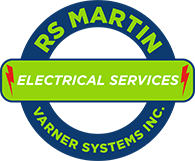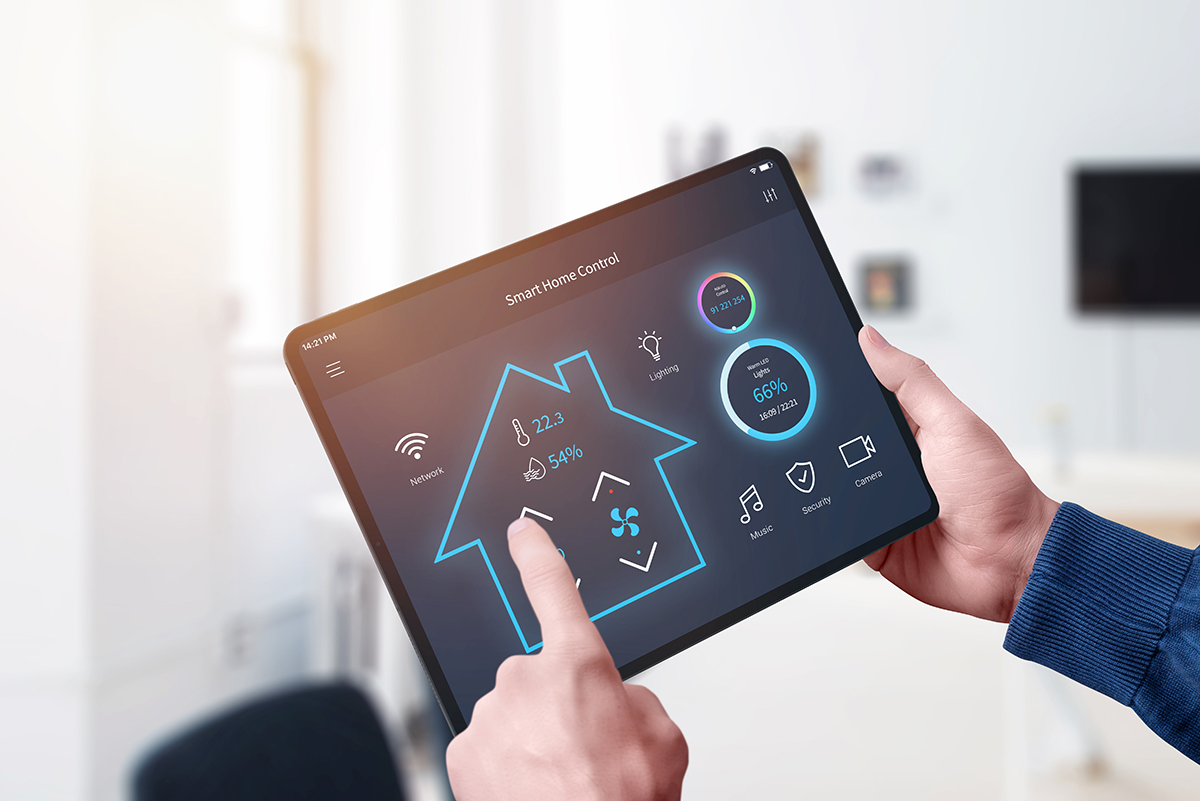What Are The Pros and Cons of Smart Home Technology?
In the digital transformation era, smart technology has become convenient and integral to our daily lives. These advances also extend to smart home technology. From voice-controlled assistants to remotely managed security systems, the advancement in smart technology for the home aims to offer unparalleled convenience and efficiency. However, as with any technological innovation, smart home technology brings challenges and considerations to your own lifestyle. This post aims to provide a comprehensive understanding of the advantages and drawbacks of smart home technology.
What Are the Advantages of Integrating Smart Home Technology?
Integrating smart home technology is revolutionizing living spaces by turning them into interactive ecosystems catering to our convenience, efficiency, and security needs. Homeowners can enjoy unprecedented ease in managing their homes by enabling the remote control of household functions through smart devices like thermostats, lights, and comprehensive security systems. These features simplify daily tasks with the ability to adjust settings via voice commands or a smartphone tap, which can lead to significant energy savings and cost reductions. But what are some of the other advantages you can enjoy with smart home technology?
Enhanced Convenience and Efficiency
Smart home devices, such as smart thermostats, lights, and appliances, can be controlled remotely through mobile apps or voice commands, offering unprecedented convenience. Imagine adjusting your home’s temperature, turning off lights, or preheating your oven with a simple voice command or a tap on your smartphone. This level of control simplifies day-to-day tasks and contributes to energy savings by allowing homeowners to use their devices more efficiently.
Improved Home Security
Smart home systems like video doorbells, smart locks, and security cameras have significantly enhanced home security. With real-time alerts, remote access, and the ability to monitor your home from anywhere, these devices provide peace of mind to homeowners. The integration of smart smoke detectors and security cameras further ensures the safety of your household by giving immediate notifications in the event of unusual activity or emergencies.
Energy Savings and Cost Reduction
One of the most tangible benefits of smart home technology is the potential for energy savings. Smart devices like thermostats and light bulbs learn your habits and adjust themselves accordingly, reducing unnecessary energy consumption. Over time, this can lead to substantial savings on energy costs, making smart home technology an investment that pays for itself.
What Are the Drawbacks of Smart Home Technology?
While smart home technology has ushered in an era of unprecedented convenience and efficiency, as highlighted above, it’s not without its drawbacks. The allure of transforming your home into a connected ecosystem comes with some hurdles that, for some people, make smart home technology unappealing.
Initial Setup Costs
While smart home devices can save money in the long run, the initial setup cost is something you will want to consider. Investing in smart home hubs, speakers, thermostats, and other devices requires an upfront financial commitment. Ensuring compatibility between different devices and platforms can add to the complexity and cost.
Privacy and Security Concerns
The reliance on internet-connected devices raises valid concerns about privacy and data security. Smart home devices collect and transmit data about your personal habits and preferences, which unauthorized parties could potentially intercept. Furthermore, the risk of hacking poses a significant threat, with intruders potentially gaining remote access to your home through your smart devices. Being vigilant and taking proactive measures are essential in maintaining a secure smart home environment. Be sure to choose reputable vendors and educate household members on safe security practices.
Dependence on Internet Connectivity
The functionality of smart home systems heavily relies on a stable internet connection. Any disruption in your home Wi-Fi network can render these devices useless, affecting everything from your security system to your smart thermostat. This dependence on internet connectivity can be a drawback, especially in areas with unreliable internet service.
Complexity and Usability Issues
The complexity of setting up and managing a smart home system can be overwhelming for some users. Compatibility issues between devices from different manufacturers, software updates, and the learning curve associated with new technology can frustrate some homeowners. The numerous available options and configurations can also make choosing the proper devices challenging. That’s why setting up your smart home with electrical professionals is so important.
Integrate the Right Smart Home Technology for Your Family
Smart home technology offers a promising glimpse into the future, bringing convenience, security, and efficiency into our homes. However, weighing benefits against the potential drawbacks, including cost, privacy concerns, internet dependency, and complexity, is essential. By carefully considering these factors, homeowners like you can make informed decisions about integrating smart home technology into their lives. If you are ready to work with electricians who understand the nuances of smart home technology, we can help! Contact us at RS Martin today to learn more about upgrading your home’s technological aspects.


 24 Hour
24 Hour